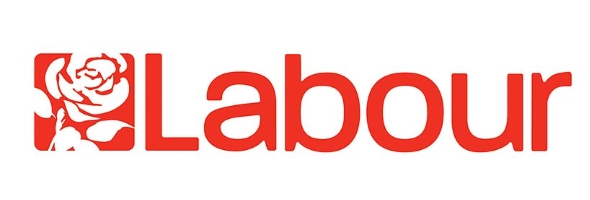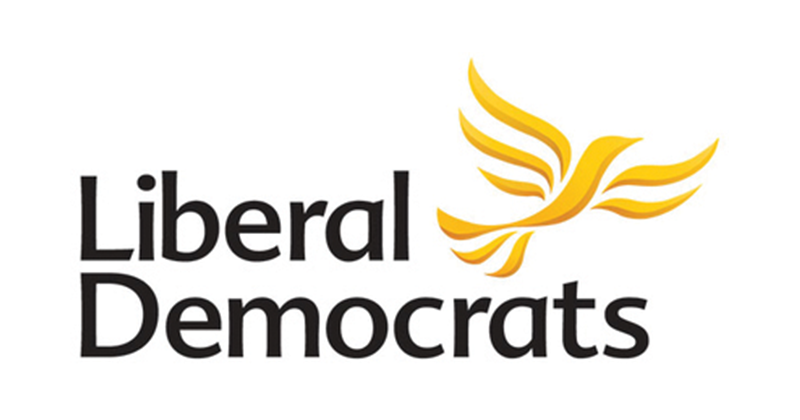- Jan 6, 2018
- 11,637
 1999 United Kingdom General Election
1999 United Kingdom General Election Security Classification: OFFICIAL
His hands cupped together, Prime Minister Andrew Evans was seated in his private quarter, the deep silence was enough to hear muffled noises from beyond his doors from aides and other government officials. His shoulders fell beside him followed by an exhaustive sigh, pushing his chair back and raising to his feet. Shuffling over to the door, he pulled it open to the sight of a number of his closest loyalists who instantly began to hound him with questions and the latest projections. It was the day before the election. The last months were a busy period, the British Government steered away from the intensity of international politics and withdrew to traveling across the country to gather support that would retain Andrew Evans position as Prime Minister for a further four years. Every day Andrew, other cabinet members and those loyal to the Conservative Party were on the streets in force. From isolated villages to the more densely populated cities, the race for Number 10 was nearing an end. Projections were showing an even battleground for the Conservatives and Labour parties, with the Liberal Democrats catching up and other parties just hoping to retain or gain seats in the House of Commons.

The leaders from the three main parties had set their manifestos months prior. Conservative Leader and current Prime Minister, Andrew Evans, was focused on the International level, praising his commitment of retaining the United Kingdom's world power for the last few years, highlighting the military's projection and the vast relations with the United States, Sweden and others. His manifesto included:
- Promoting growth of the armed forces:
- 25% budget increase for the Royal Navy.
- 15% budget increase for the Royal Air Force.
- 10% budget increase for the British Army.
- Expansion of the United Kingdom Space Agency.
- Commercialisation to support future developments.
- Focus on building relations on the international level.
- Explore relations with less visited countries including those in Asia and Africa.
- Retain existing relationships and expand on to promote cooperation.

Labour Party leader and Prime Minister hopeful, Hayden Whyte, focused his party's time on retaining existing labour supporting seats, with less time spent expanding outwards. His motto, “Britain for Britain” echoed Andrews international efforts but more of a focus of resolving domestic affairs:
- Tackle the growing Crime Rates of the United Kingdom, pledging 15,000 new Police Officers.
- Increase security at border checkpoints to reduce smuggling and other crime-related activities.
- Establishment of relations with other governments with a heavy focus on cooperation through:
- Education via student exchange programs
- Health by joint care programs
- Economic growth through trade
- Decrease the Army’s personnel to 80,000, adjusting the budget to increase funding for the NHS and social services.

Jim Beck, leader of the Liberal Democrats is aiming to focus on domestic and European affairs, stating that the United Kingdom should cease its role as world police and focus on Europe to promote security, cooperation and friendship:
- Propose the formation of a European Treaty to encourage:
- Shared security of territorial waters, joint air control center for quick reaction alert.
- Integrated Trade with all participating countries benefiting.
- Establishment of the European Market to allow Europe to match the United States, China and Russia.
- Return of National Service that would mean men and women between the ages of 18 and 21 has to serve within a branch of the armed forces for 18 months.
- This would promote national unity and provide skills for life for those involved.
- Reduce Crime and support the defence of the United Kingdom.
Despite their pros, and their cons, it was down to the people of the United Kingdom to make their decision as to who they would like to see lead the country for the next four years.


